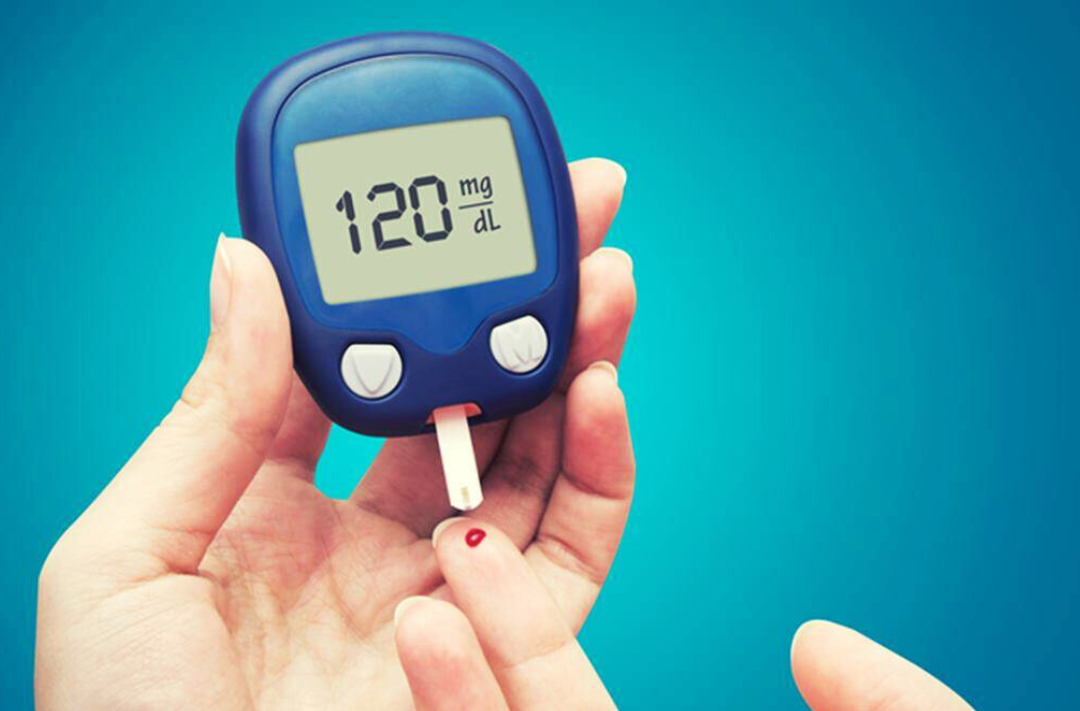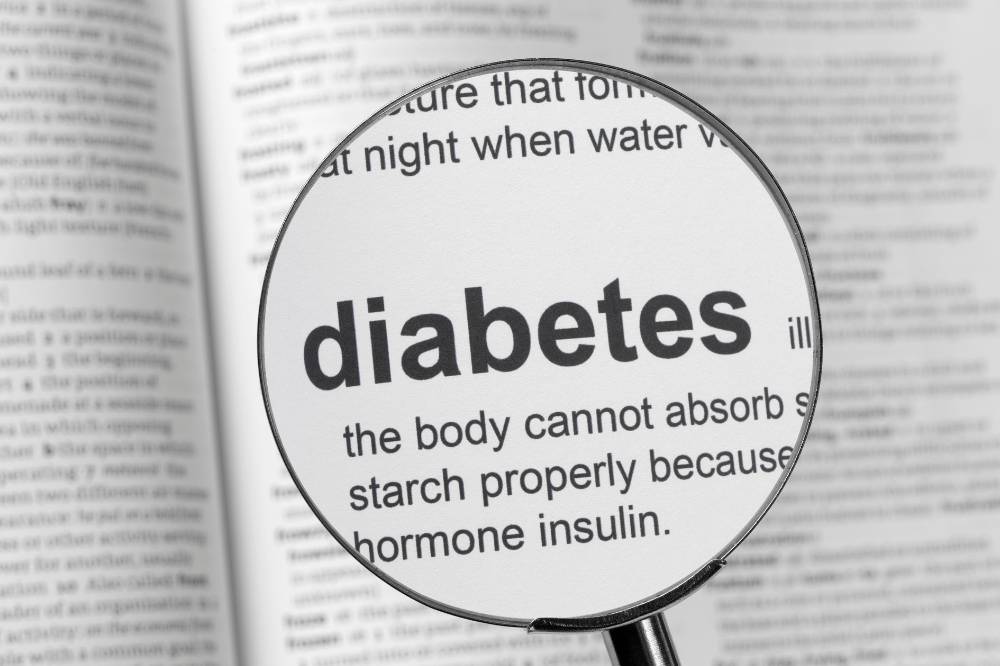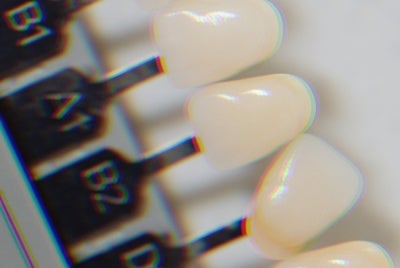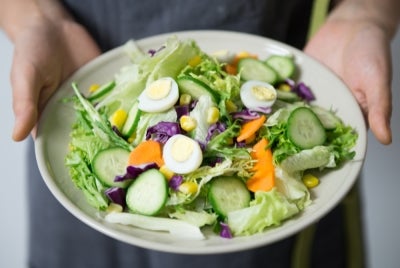Diabetes doesn’t have to stop you from fasting - just take the right precautions
Individuals with diabetes can still safely observe the holy month by taking necessary precautions, making mindful food choices, and managing medication properly.

FASTING during Ramadan while living with diabetes is not off-limits — it is all about balance and preparation.
With the right precautions, mindful meal choices and proper medication management, individuals with diabetes can observe the holy month safely while maintaining their well-being.
Hospital Canselor Tuanku Muhriz UKM senior consultant endocrinologist Professor Dr Norlaila Mustafa emphasised that diabetics can generally fast during Ramadan, as long as it does not endanger their health.
She highlighted that while fasting can serve as a form of calorie restriction, taking the necessary precautions is essential.
"A pre-Ramadan assessment, typically conducted six to eight weeks before fasting, helps determine whether it is safe to fast. This includes medication adjustments, dosage modifications and nutritional guidance.
"However, fasting is not recommended for individuals on dialysis, pregnant women requiring multiple insulin injections, frail elderly individuals prone to recurrent hypoglycemia, or those with uncontrolled diabetes and complications.
"Regular blood glucose monitoring during fasting is crucial to detect and manage any risks," she told Sinar Daily.
Dr Norlaila explained that fasting from imsak to iftar, a period of roughly 13 hours, can cause dehydration and fluctuations in blood glucose levels.

She added that for those without diabetes, dehydration is usually mild and can be managed with proper hydration during suhoor and iftar.
Their blood glucose levels also remain relatively stable as their bodies naturally produce glucose from their livers.
"However, for individuals with diabetes, dehydration can cause blood glucose to rise, particularly if diabetes is poorly managed. In cases of hyperglycemia, excessive urination worsens dehydration, leading to fatigue, thirst, headaches, confusion and in severe cases, coma.
"Conversely, anti-diabetic medications lower blood glucose [levels], which, when combined with fasting and the absence of caloric intake, can result in dangerously low blood sugar (hypoglycemia).
"Symptoms of hypoglycemia include intense hunger, trembling, palpitations, dizziness, headaches and confusion. If untreated, it may lead to coma.
"To prevent complications, individuals with diabetes should seek medical advice before fasting to adjust their medications accordingly," she explained.
Dr Norlaila emphasised the importance of a balanced diet in managing diabetes while fasting. She advised against skipping suhoor and stressed the need to break fast on time at iftar.
To maintain stable blood sugar levels, she recommended distributing calorie intake between suhoor and iftar, with an optional light snack after Tarawih prayers.
"Prioritise fruits, vegetables and salads while limiting fried, fatty and overly salty foods to reduce dehydration risk. Avoid excessive carbohydrates during non-fasting hours and choose sugar-free drinks at suhoor.
"Incorporating complex carbohydrates and high-fibre foods at both suhoor and iftar helps provide sustained energy throughout the fasting hours.
"Maintaining a healthy diet is essential during and after Ramaan. Individuals with diabetes should consistently follow balanced eating habits, ensuring calorie intake aligns with daily activity levels," she added.
Dr Norlaila pointed out that overeating can lead to elevated blood glucose levels, emphasising the importance of a diet high in fibre, complex carbohydrates, vegetables and salads.
She recommended including a moderate amount of protein (20 to 30 per cent) and keeping fat intake below 30 per cent in each meal.
Even at open house celebrations, she advised maintaining self-discipline in food choices to support overall health.
Download Sinar Daily application.Click Here!















